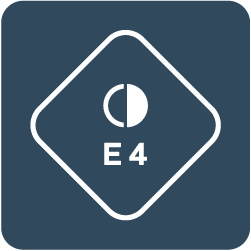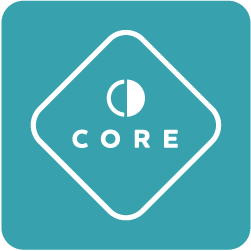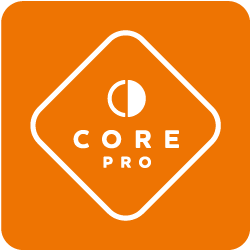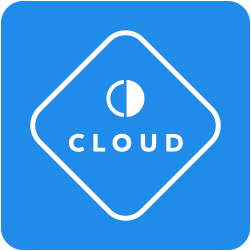
For any recruitment agency, data is one of your biggest assets. So when you’re looking at investing in new recruitment software one of the major considerations during the implementation stage is data migration.
So what is a data migration, why is it important and what do you need to consider when discussing data migration options with your recruitment software provider?
What Is A Data Migration?
A data migration simply refers to the transfer of data from one source into another. The complexity of a data migration depends entirely on the type of data you wish to be extracted from your existing recruitment CRM, applications or manual spreadsheets and imported into your new recruitment software.
What To Consider For A Successful Data Migration
1. What type of data migration services are available?
Data migration is not a one-size fits all service and it will depend on what your recruitment agency decides is ‘essential’ data and information required in your new recruitment CRM. Below are the two standard data migration services offered by most recruitment software providers:
Field data import from a excel spreadsheet or CSV file
The most basic data migration is an import of data from a excel spreadsheet or CSV file. This usually would contain specific candidate and client field data such as name, address, email address, phone numbers, employment preferences and associated attachments, like a CV.
This usually entails extracting data from your current recruitment software into a prescribed excel template provided by your new recruitment software provider.
Bespoke data mapping and conversion
A more complex data migration service would involve data mapping and conversion from one recruitment CRM to another. This generally would include your new recruitment software provider accessing your current recruitment software and performing a data mapping process to migrate candidate and client field data. This may include interaction and activity records, multiple compliance or vetting documents, right through to linked vacancies, timesheets and financials.
Deciding what data and information is business critical comes down to having a discussion within your business and identifying and prioritising what information will be essential to migrate. Then, you can consult with your new recruitment software provider to assess how that will impact the cost and duration of your data migration.
2. How will the data migration service be costed?
Cost is always a consideration when reviewing the type of data migration service is best for your recruitment agency. The cost of a data migration is based on what type and complexity of the data you have decided to migrate into your new recruitment software.
Most recruitment software providers will provide a fixed project cost for the data migration requirement, ranging from £850 to £1,200 per day. The project cost should include the total number of days and what stages are included like project management, data mapping, data extraction and conversion and User Acceptance Testing (UAT).
NB: Depending on your existing recruitment software provider there could also be additional cost to release or extract your current data.
3. Do you need to review and cleanse your data?
Investing in new recruitment software provides the perfect opportunity to assess and review the quality of your data, clean it and make sure you’re complying with latest data protection laws, such as the upcoming GDPR. This may include the removing of duplicate or incomplete records or inconsistencies in data formats or how the data has been entered.
Unfortunately, this is usually the task that takes the longest to undertake and you and your staff are generally the best people to know how your data should look.
4. Who should you involve in the data migration process?
The process of data migration and in particular the data cleansing should involve key team members across your business. These team members will be in the best position to advise you on what data is critical and by involving people right from the outset, you can easily achieve buy in. By spreading the tasks of reviewing and cleansing your data across a few team members, it will expedite the process and make it more thorough.
5. How long will a data migration take?
Although this is usually one of the first questions asked about data migration services, it is not simple question to answer. There are a number of factors which dictate the time frame for a data migration project, including the type of data migration service purchased, the quality of your data and how long it would take your team to review and cleanse it and the time it takes your recruitment software provider to perform the data migration service.
Data migration does not need to be a complex and exhaustive project, but it will require some dedicated time from both your team and your new software provider. This will ensure your requirements are identified, the project is costed within your budget and ultimately your data is migrated successful into your new recruitment CRM.
Over 75% of recruitment agencies in the UK & Ireland identified recruitment software as a potential new investment for 2018. To find out more insights for the year ahead, download our free eBook.





